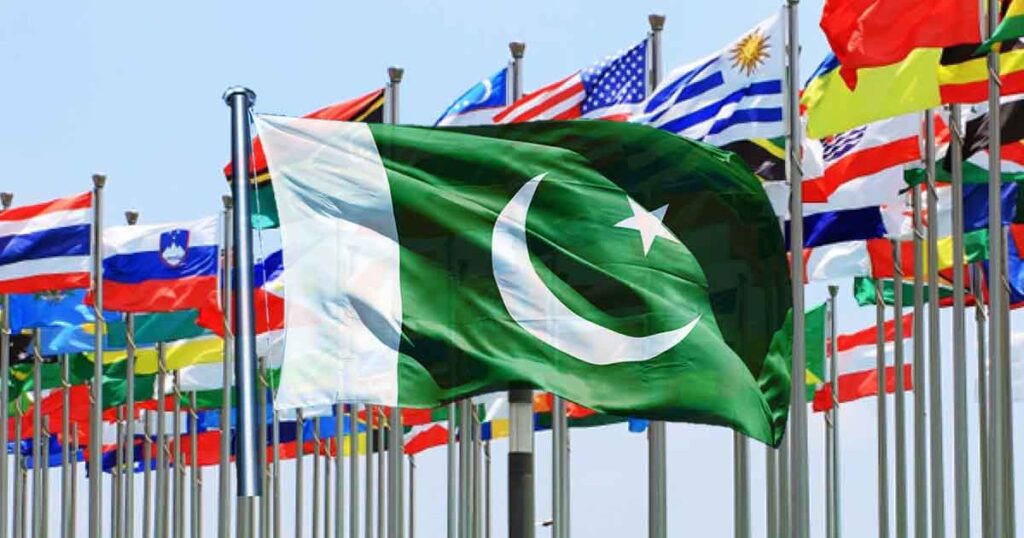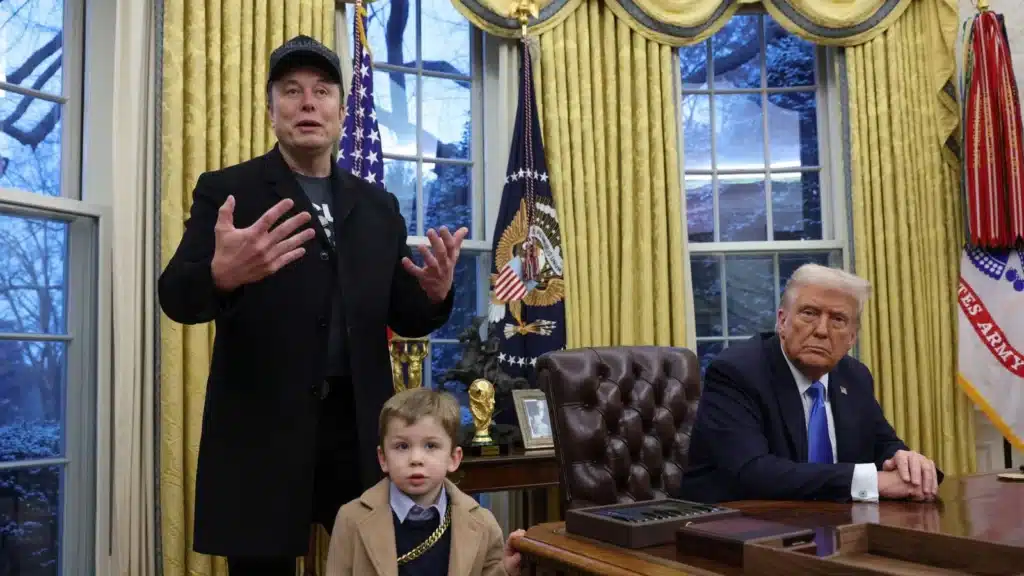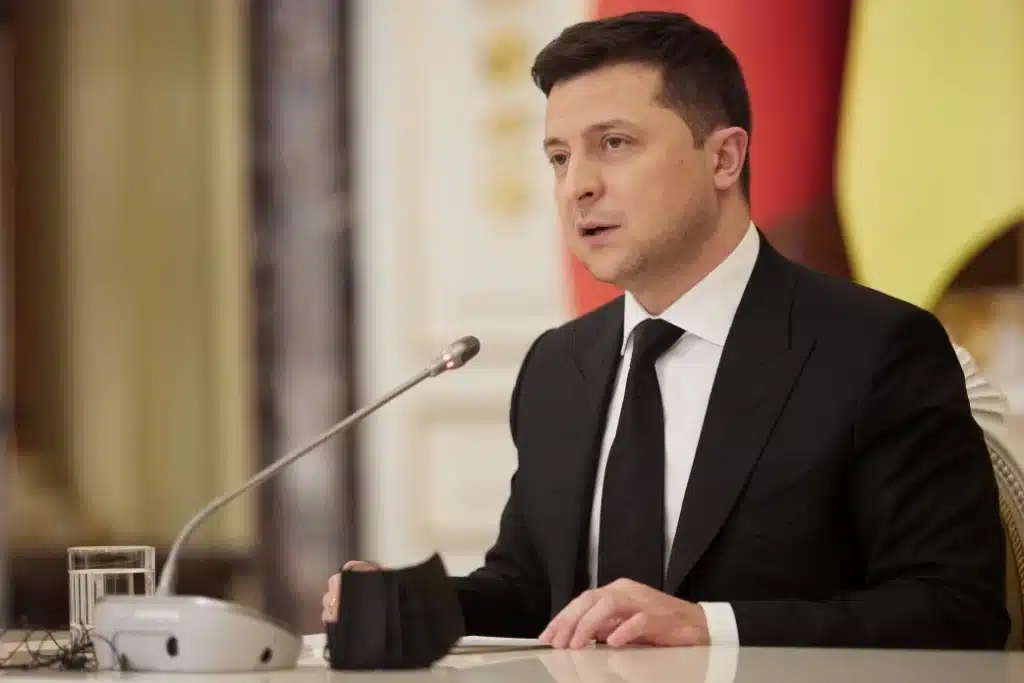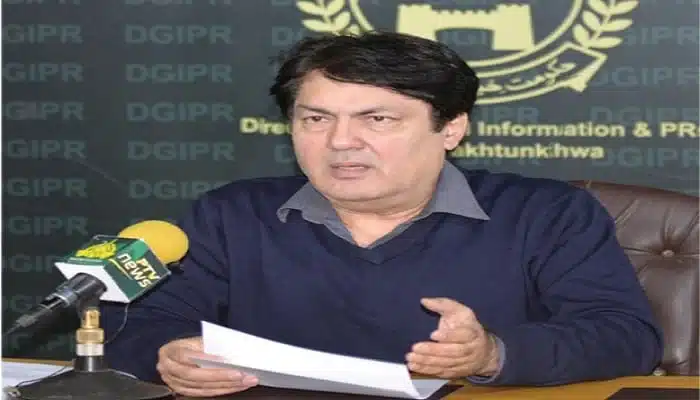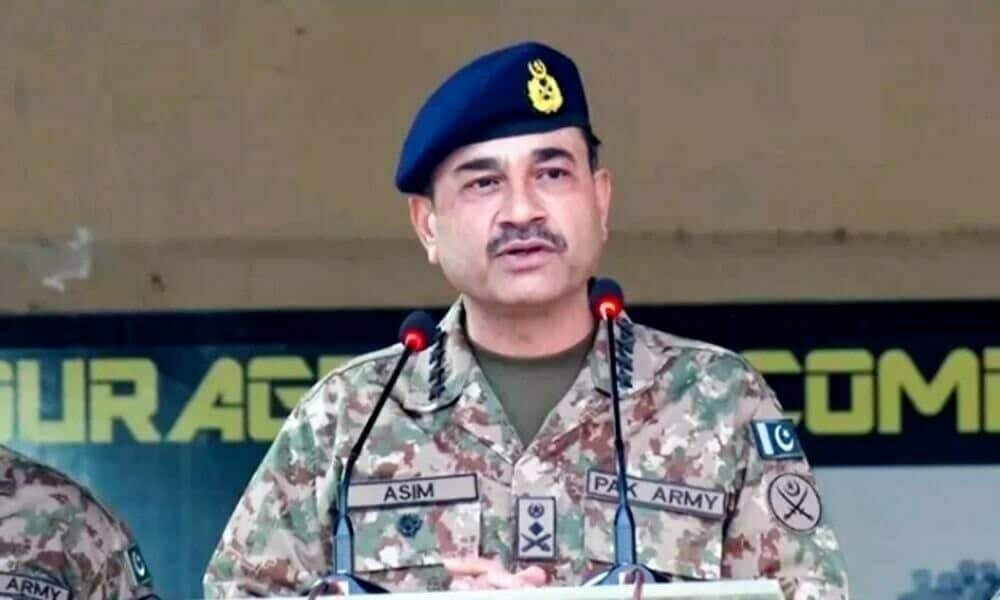ISLAMABAD: In a rapidly changing global landscape, Pakistan is steadily positioning itself as a credible diplomatic force through a strategy rooted in restraint, reason, and clear vision.
As global alliances shift and new canters of power emerge, Islamabad’s rising profile on the international stage is becoming increasingly evident. Following India’s aggression after the Pahalgam incident, widely regarded as a false flag operation. Pakistan responded with notable maturity and composure. This approach has won international recognition, reinforcing Pakistan’s image as a responsible state amid heightened regional tensions.
Unlikely India’s global standing has suffered due to credible allegations of sponsoring terrorism in Pakistan and other countries, including the U.S. and Canada. While New Delhi continues to rely on loud rhetoric and media-driven narratives, Pakistan has adopted a more measured and evidence-based diplomatic approach, earning global respect and strategic support from countries like China, Turkey, and Azerbaijan.
Pakistan’s growing stature is reflected in its recent appointments at the United Nations. These include chairing the Taliban Sanctions Committee, serving as Vice Chair of the Counter-Terrorism Committee, and co-leading key working groups on sanctions and international documentation. These roles are not ceremonial—they reflect the trust of the international community in Pakistan’s competence and responsibility, particularly in the fight against terrorism and regional stability.
On the economic front, Pakistan is also seeing renewed confidence from international financial institutions. Talks are underway for a $1 billion IMF package, $800 million in support from the Asian Development Bank, and a potential $40 billion commitment from the World Bank. These developments signal a shift in perception, from a struggling economy to a reform-oriented and credible development partner.
Meanwhile, Indian Prime Minister Narendra Modi’s recent foreign visits have been more focused on optics and diaspora engagement than substantive diplomacy. India’s absence from major platforms like the G7 underscores a decline in its international influence.
Pakistan’s rising diplomatic profile is the result of a deliberate strategy, consistent engagement, and a focus on practical outcomes over empty rhetoric. It reflects a broader recognition that Pakistan is not part of the problem but part of the solution, emerging as a steady, thoughtful, and increasingly central player in global affairs.
This moment marks not just a diplomatic gain but a deeper shift in Pakistan’s role on the world stage—one built on prudence, responsibility, and a clear national vision.
Read also: What steps will Pakistan take to counter India’s diplomatic aggression?

